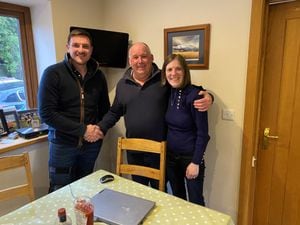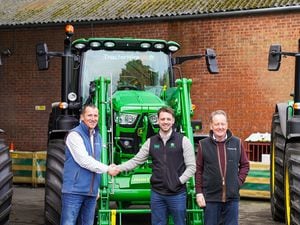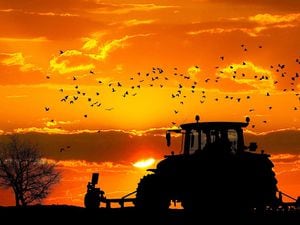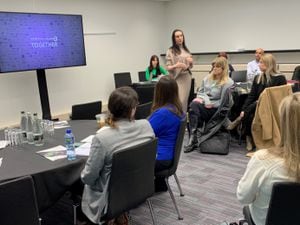Getting things right from the start
Arable growers at Cereals have been reporting pressure on their crops from day one with soil-borne diseases, highlighting that the constant challenge for yield continues.
It’s all about managing risks, and protecting yields from the very first day the seed is in the ground.
From the point of preparing the seed for drilling, through the entire crop lifecycle, challenges are faced. At the start, reducing take-all is key, then you have tenacious blackgrass to worry about and of course, there is always the number one pest, slugs to consider.
Now is the perfect time, ahead of autumn planting, to recognise what ‘yield robbers’ you're at risk from. Understanding establishment risks and how they can be mitigated against, to maximise yield return, is the first step.
For example, take-all is endemic to the UK, and estimated to affect half of wheat crops leading to yield losses of up to 50 per cent in second wheats.
The problem with take-all is that you can’t see the problem until it is too late, therefore seed treatments are your first line of defence.
As we move past drilling, pre-emergence threats start to arise. As the majority of blackgrass emerges between August and October, now is the perfect time to undergo a ‘blackgrass audit’ to map out infested areas and plan on reducing seed return.
It only takes 12 blackgrass plants/m2 to reduce yields by five percent in cereal crops, so it’s important to review what has previously worked best on your farm, to ensure that you are implementing the most effective blackgrass control programme to protect yields and profits.
Post emergence, slug issues become a major yield robber, especially in oilseed rape, or crops following OSR, with 59 percent of the total area of this crop being affected in the UK.
Therefore, it’s important to implement targeted baiting with ferric phosphate pellets before the slug issues arise and throughout the season, to ensure that crops are protected from day one.
As the constant yield challenge continues year in, and out, it’s important to be prepared, understand your potential risks and what tools are available.
Chris Charnock is product manager of Certis UK, a crop protection business.





